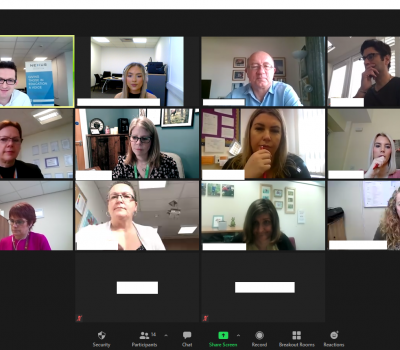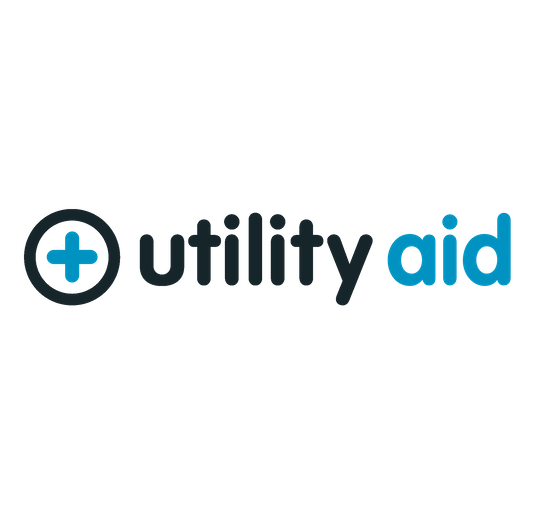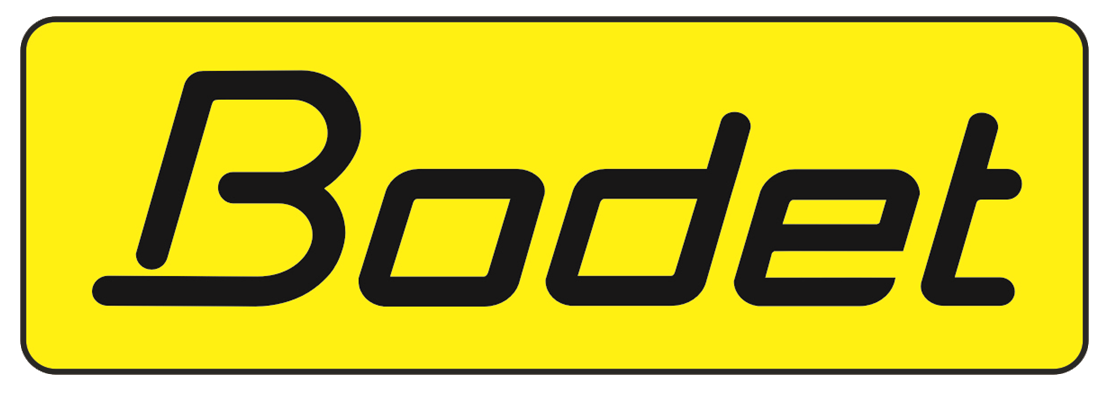


Our team sorts through all blog submissions to place them in the categories they fit the most - meaning it's never been simpler to gain advice and new knowledge for topics most important for you. This is why we have created this straight-forward guide to help you navigate our system.


And there you have it! Now your collection of blogs are catered to your chosen topics and are ready for you to explore. Plus, if you frequently return to the same categories you can bookmark your current URL and we will save your choices on return. Happy Reading!

We live busy lives. As I look around I cannot help but think that things are forever getting busier. We are constantly looking to improve and get better in all we do, whether it is at home or at work, with this normally resulting in adding further review steps, actions, complexity or otherwise adding to that which we once did. And this is likely never truer than in schools and colleges with the likes of the SIP (School Improvement Plan sometimes called School Development Plan) a perfect example; I wonder how many of the planned actions in your schools SIP/SDP might involve the addition of resources, tasks, complexity, etc?
Technology
But technology can help in some of this by providing us with tools to manage the complexity. We have email which allows us to contact people from all over the world at a time of our choosing. We have the likes of Microsoft Teams to facilitate collaboration, again bridging the gap of geography and of time. We also have task list apps like ToDoList which is my app of choice, which allow us to note down what needs to be done, when by and also to categorise and manage tasks. Or we have PowerAutomate and PowerApps to allow us to start building automations to reduce manual user tasks and make things more efficient. And that’s only scratching the surface so with technology providing efficiency gains we continue to add.
A culture of addition
The worry for me here is that this trajectory cannot continue indefinitely as we cannot indefinitely add complexity, resources, tasks, etc. There will come a point when we can add no more as either the resources required will make things inefficient or the requirements will exceed the available resources, or alternatively processes will become so complex that they will be inherently fragile and prone to either regular or catastrophic failure. The situation makes me think about the book “who moved my cheese” which I have just finished reading where one of the characters is stuck in his ways and unwilling to appreciate the need for change, and therefore repeats behaviours which consistently lead to poor outcomes rather than seeking change or new solutions. For us the constant adding, which could be considered change, is the thing we need to appreciate needs changing. I also worry that the constant adding encourages us to look narrowly at small incremental improvements and changes, and maybe causes us to miss alternatives which may be more innovative or revolutionary rather than evolutionary.
Time to stop and look around
To do this we need to allocate time to stop and look at our processes, our actions, etc so that we can identify that which doesn’t deliver value. If it doesn’t deliver value, we should either seek to discontinue the process or change it. We need to get better at taking things away, discontinuing activities rather than simply adding. We also need to look at the wider picture and opportunities for innovation and redefining our focus and direction. And note, I said “allocate time” rather than “make” or “find” time. This was a conscious and careful use of language as we cannot create or make more time than the 24hrs in a day and we are unlikely to find a bag of unused time that has been lost down the back of the sofa. We need to allocate time, and that may mean that some other tasks may need to be delayed or cancelled to allow for this allocation.
Conclusion
I often find myself using the phrase “less haste, more speed” as I hurry through my tasks, making avoidable errors such as failing to check an email makes sense, or forgetting to include a staff member or an attachment in the email. I think there is more we can take from this phrase. Maybe we need to refocus on value or impact, as an alternative for speed, and focus less on additive and incremental change, which would be the haste. Being too busy or very busy may be a sign that we are doing too much and falling for a culture of addition instead of looking at the wider picture and focussing on doing that which delivers the most value and impact, giving us time to view our actions in a wider context, and finally seek to subtract from all we do.
And one final phrase to finish with; Doing things right vs. doing the right things.
I suspect in ticking off our busy to-do lists and getting through our busy days this necessitates doing things rights, however I wonder if, assuming we can slow down and look more objectively at all we do and the value it delivers, are we doing the right things?

The author

Read more

Read more

Read more

Read more

Read more

Read more

Read more

Read more


Are you looking for solutions? Let us help fund them! Nexus Education is a community of over 11,000 schools that come together to share best practise, ideas and CPD via online channels and free to attend events. Nexus also offers funding to all school groups in the UK via nexus-education.com


Established in 2011, One Education is a company at the heart of the education world, supporting over 600 schools and academies. Our unique appeal as a provider is in the breadth and synergy of the services we offer, supporting school leaders, teachers and support staff to achieve the best possible outcomes for their pupils and staff.

School Space is a social enterprise that has empowered schools for over 12 years through their profitable and hassle-free lettings services. So far, they’ve generated over £5 million in revenue for education, helping to connect over 200 schools with their local communities.


Operoo is a school operations and productivity platform. We help thousands of schools and trusts to eliminate slow, expensive and repetitive tasks. Operoo helps schools streamline and digitise processes, drastically reducing the associated costs: From student pre-admissions, permission forms, payments, and school trips; to medical information and emergency contacts, incident reporting, staff agreements, and more in over 100 languages.


Unify is an online sales and marketing tool that allows users to create tailored personalised documents in moments.


There’s nothing special about the energy we sell. In fact, it’s exactly the same energy as all our competitors provide. But there is something special about the way we do it. Where others complicate the process, we simplify it. Where others confuse customers with hidden terms, we’re an open book. And where others do all they can to make as much money from their customers as possible, we do all we can to make as little. Everything we do, we do it differently. Our customers are a privilege. One we’ll never take advantage of.


Securus provide market-leading monitoring solutions to safeguard students on ALL devices both online and offline. We also offer a full monitoring service, where we carry out the monitoring on behalf of the school, freeing up valuable staff resources. From the smallest school to large MAT groups, Securus offers safeguarding protection for all!


As European leaders of Time Management Solutions, Bodet offer Lockdown, Clock, Bell & PA Systems. Harmonys, our five-in-one IP/PoE Bell System, provides a unique customisable lockdown or panic alarm alert. Melodys, a Wireless Bell System, is useful where wiring can be difficult.